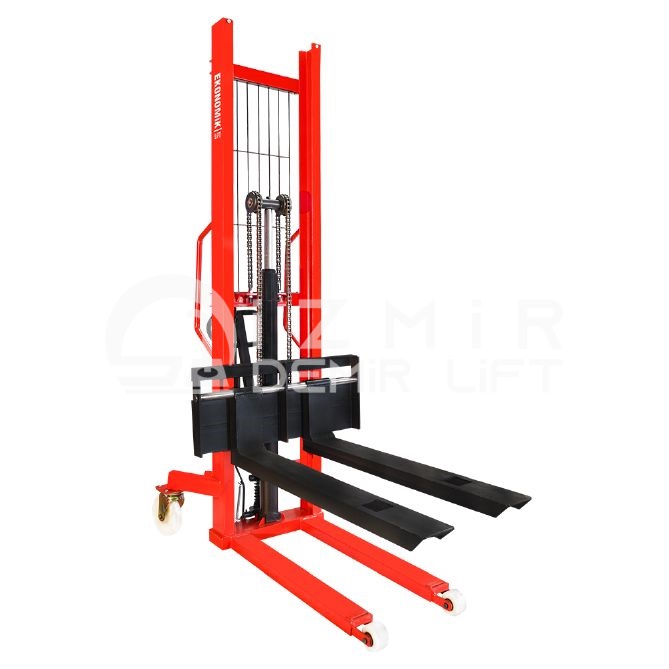
Today, technology plays a significant role in warehouse management and logistics operations. Managing these processes effectively and efficiently is critical to businesses' competitiveness and customer satisfaction. In this regard, RFID (Radio Frequency Identification) technology plays a significant role in stacking machines and warehouse processes.
RFID is an automatic identification technology used to uniquely identify and track objects. When integrated with stacking machines, it provides significant advantages in storage and material handling processes.
The role of RFID technology in stacking machines and warehouse processes can be summarized as follows:
Material Tracking and Placement: RFID tags contain the unique identification information of each item. Stacking machines use RFID readers to recognize these tags and ensure accurate tracking of materials. This allows for easy location of materials within the warehouse, and stacking machines to perform accurate placement operations.
Inventory Management: RFID technology enables real-time tracking of inventory quantities within the warehouse. Stackers use RFID readers to instantly detect changes in inventory and transmit this information to the warehouse management system, ensuring inventory levels are kept under control. This ensures continuous inventory status and the timely supply of required materials.
Error Prevention and Verification: When integrated with stackers, RFID technology reduces the likelihood of errors and simplifies verification processes. Stackers read RFID tags to verify that the correct materials are placed in the correct locations and that the correct material pick-ups have been made. This minimizes errors due to human error and increases warehouse operations reliability.
Efficiency and Speed: RFID technology eliminates manual data entry processes and enables automated data collection and processing. Stackers quickly identify materials by reading RFID tags and transmit this information to the warehouse management system, enabling swift processing. This increases the efficiency of warehouse processes and streamlines workflow.
Traceability and Security: RFID tags ensure traceability of materials because they contain unique identification information for each item. Stackers can record material movements and transactions using RFID readers. This simplifies the tracking of materials within the warehouse and allows for tracking in cases of loss or theft.
In conclusion, RFID technology plays a crucial role in stackers and warehouse processes. It provides businesses with significant advantages in areas such as material tracking, inventory management, error prevention, efficiency, traceability, and security. By utilizing RFID technology, businesses can manage their warehouse operations more effectively, efficiently, and securely.